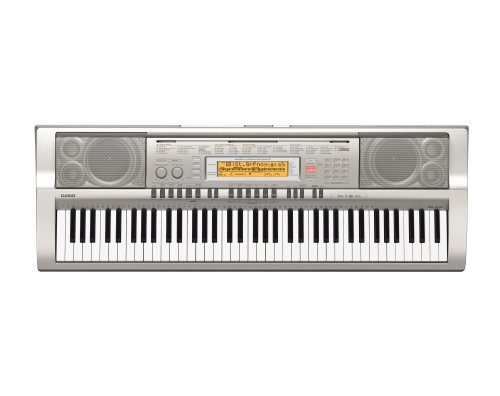Let's have a look of your situation then... maybe you are a great singer or you have a small band or even your own label. You have big ideas but only a tiny budget. Your father doesn't own a record company and your mother isn't a Hollywood actress so your network is confined to the local press writers and groupies.
Maybe you already have your own CD's and have made a few sales but you can't seem to find the time for promotion. The gigs you play bring in a little money but things don't seem to be getting anywhere. So how to progress?
One very realistic option is to exploit the potential of the internet. Of course, the internet has often been cited as the answer to everything, but in this case, it really can provide impressive results. And this is the key: it's a cheap and it's quick.
The music industry is changing, has changed. We are in serious transition now. The discontent amongst music buyers has created a gap which the internet can adequately fill.
The internet music market is real. A survey by Georgia Tech found 41% of all internet users have purchased music from the web. Forrester predicted a market volume of million USD for digital music downloads in 2003, rising to 1 million USD in 2005 and continuing to reach billion USD in 2007.
The statistics suggest there is a genuine market for legal, modestly priced music.
The internet is a perfect platform for marketing your music. Promotions, press releases and
positioning are cheaper here than in the real world. Your audience is already here. The web
(along with sites like pitchforkmedia) has become the first point of reference for music news and as we all know, it is a popular resource for downloading music.
The internet's function as a communication medium gives you a direct line to your listeners, peers and even your critics. Email is the perfect mechanism for keeping in touch with fanclubs and sending newsletters and it's cheap.
That doesn't mean if you start a music website today and get busy selling music downloads online that you'll be able to give up the day job immediately! However, the internet can provide a lot of things you need to promote yourself as a musical artist.
This is what a music website could do for you:
1. Provide news to your fans when your latest CD is ready, read it here!
2. List gigs or concert dates (and any changes)
3. Sell your songs as music downloads to fans all over the world
4. Provide press information
5. Publish interviews, photos and biographies
6. Provide a communication center for dialogue with fans and other bands
7. Act as a "calling card" for getting new bookings or attracting the attention of major labels, getting contracts for incidental music etc.
A website can represent your music in multimedia much better than print or radio, and it is much cheaper than TV. And you can sell your songs as music downloads anywhere in the world! Consider the comparatively low start up costs (for example, the 1-2-3 Music Store script lets you set up a complete "shop" and costs only 8 for a label license and only for an individual or band).
Music downloads are emerging as a serious alternative to the CD. In an age where most modern
kids burn their own CDs, it makes sense to adjust your strategy accordingly. Selling songs as moderately priced downloads means you have no production costs. It means you don't need a record deal and you are free to do what you want with your music. Package a CD cover along with the songs and your fans can burn the CDs themselves.
Buying music downloads is potentially a more satisfying buying experience than traditional music shops. It provides instant satisfaction for consumers when they discover, download and play your songs immediately.
The internet is an amazingly flexible format. Theoretically, you could record a live show, encode and upload it later that evening so that the entire show would be available for sale the next day. Fans would love to have this as a reminder of a great concert. Better than a T-shirt!
Seriously consider setting up your own music website and selling your music online. A music website is often the first port of call for people - fans, label managers and A&R to check you out. It makes good sense for you, as an unsigned artist to have one.
 | Price : Too low to display
| Price : Too low to display
